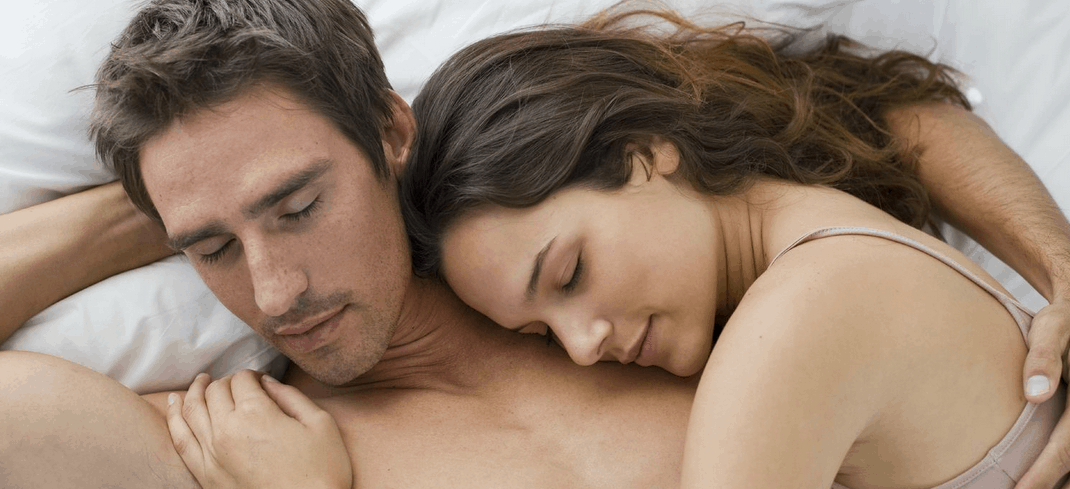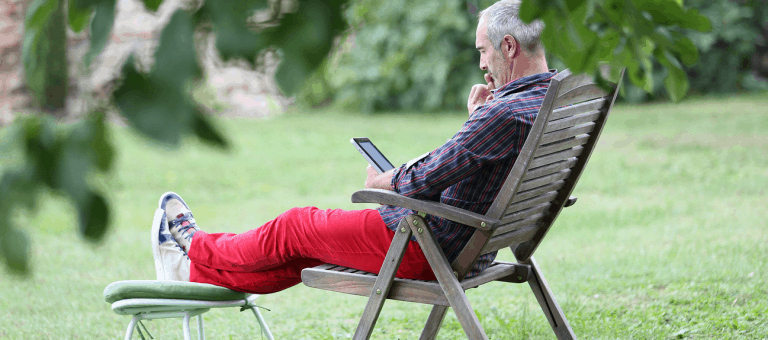Tips to better sleep include several ways to help you fall asleep, stay asleep, and wake up more refreshed. Many adults do not get enough sleep, and it takes a toll on their physical, emotional, and mental well-being. They wake up feeling tired, get sleepy during the day, and don’t have enough energy. Does this sound like you?
If so, here are 10 tips to better sleep to help you make the most of your sack time:
1. Keep a regular sleep/wake schedule
The circadian clock in your brain regulates your sleep/wake cycle and the body’s need to balance the two. When you maintain a regular waking time, it strengthens the circadian function and can help you when it’s time to hit the sack at night. Avoid the temptation to stay in bed beyond your usual rising time unless, well, you have other plans that don’t involve sleep.
2. Establish a relaxing bedtime routine
If possible, avoid stress-producing or stimulating activities before bedtime (except sex, which actually helps you sleep due to a “relaxation” effect). If necessary, learn some stress-reducing techniques such as visualization, progressive relaxation, or meditation. Reading before going to sleep can be effective, but avoid bright lights: use just enough light to facilitate your reading. Too much exposure to bright light before bedtime signals the neurons that it’s time to get up, not go to sleep.
3. Create a comfortable sleep environment
Too hot, too cold, too much noise, too much light, lumpy pillows: all of these things can make it difficult to fall asleep and stay asleep. If your partner snores, get ear-plugs. If there is light you cannot eliminate, get eye shades or blackout curtains. Comfort extends to your bedclothes as well: PJs or not, whatever works for you. Sheets, blankets, and pillows should be to your liking as well.
4. Keep your sleeping environment for sleep and sex
Your sleeping environment is for sleep and sex, not laptops, televisions, and work from the office. If you associate the bedroom with things that can make you anxious or tense, then sleep is harder to achieve.
5. Restrict food and beverages before bedtime
Eating or drinking too much before you got to bed can make it harder to get comfortable and to fall asleep. Especially try to restrict fluids to prevent getting up many times during the night. Some people say herbal, non-caffeinated teas are helpful before bedtime, but skip the milk.
6. Exercise regularly
Regular exercise makes it easier to fall asleep and stay asleep, but make sure you’re done with your exercise at least three hours before going to bed.
7. Stay away from caffeine before bedtime
Caffeine products, such as coffee, tea, chocolate, and colas, stay in the body for about 3 to 5 hours, but for some people the impact sticks around for up to 12 hours. To be safe, avoid caffeine within 6 to 8 hours before going to bed. This is especially important if the caffeine is in the form of coffee or tea, which has a diuretic effect.
8. Nix the nicotine
You may think that cigarette is helping you relax, but nicotine is a stimulant. Another problem with smoking is that smokers experience withdrawal symptoms during the night, which can cause sleep problems. Nicotine is also associated with nightmares and difficulty falling asleep.
9. Avoid alcohol close to bedtime
But isn’t alcohol a sedative, so wouldn’t it help? Yes, it is a central nervous system suppressant, but alcohol can disrupt sleep, cause nightmares, and cause a restless night. If you stay with your one to two glasses of wine with dinner, by the time you’re ready for bed the effects should be just about gone.
10. Skip the sleeping pills if at all possible
Talk to your doctor before you take any sleep medication, especially if you are taking any other drugs or supplements, as they may interact, or if you have a medical condition. You should never mix alcohol and sleep medication. If you feel dizzy or sleepy during the day, talk to your doctor immediately about changing your sleep medication or stopping it.
Prostate Health and Tips for Better Sleep
All these above tips to better sleep should help you get a better night’s rest, but they won’t help much if you have to wake up frequently to use the restroom. If you suffer from an enlarged prostate (BPH), your urinary symptoms may be affecting your ability to sleep. To read up on supplements to support prostate health and help you with BPH symptoms, read more about supplements for BPH.







